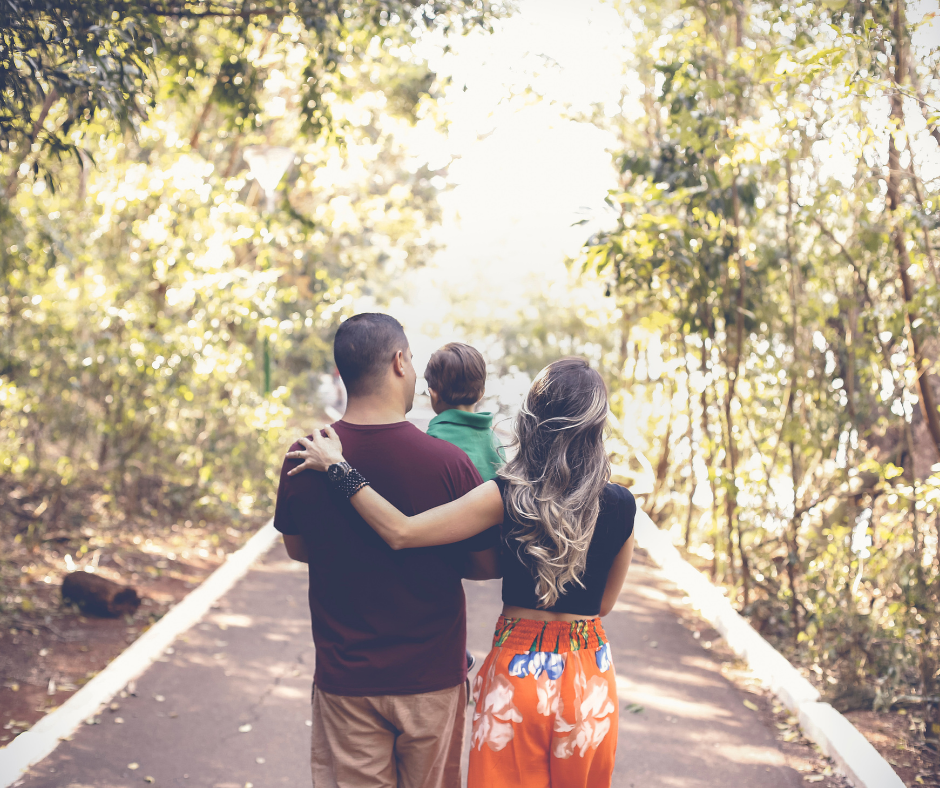
I want to thank the hundreds of you who reached out to me last week as fires raged across Oregon and directly into our back yard. As I type this, our air quality index has improved and we are safely tucked back into our home. Others in Oregon have not been so lucky. I hope all of you find meaningful ways to reach out and offer support to those affected most by the fires. Perhaps a letter to thank first responders? Donations of food to a local pantry? Financial contributions to local charities? Whatever act you decide, know that it does not go unnoticed.
This week, as we continue to navigate distance learning and all-things pandemic, I’m beginning a series on connection. Of all resilience-building factors, connection represents the prime resilience-builder. Connection comes on many levels, so let’s begin there.
One-to-one. Having close connections with others is a primary need for all of us. We create connections throughout our lifetime. Babies are born to attach in order to thrive. Attachment between babies and parents creates a foundation for life-long health and relationships. Children look to parents, siblings, friends and other close adults. Teens seek out best friends and boyfriends and belonging. And, as we become adults, we search with our hearts to find partners and meaningful friendships. We are meant to connect on deep, meaningful levels. These one-to-one connections have been shown to predict the quality of life-long health and happiness.
Groups. After we have established meaningful, individual connections, we look to groups. The first group we belong to is our family, for better or worse. From our families, we move into other groups such as religious groups, classrooms, clubs and sports. Some groups are chosen for us and others we choose ourselves. Connection through groups allows us to begin to “find our people.” Groups mold who we are and how we see ourselves. Having affinity groups are an important part of development; and being part of a group provides a sense of belonging. To belong gives meaning and creates greater resilience.
Community. Communities help us thrive. They take us in and reflect our larger selves. Your community might be your neighborhood. It may be your school or your workplace. Community may be your cultural gathering space or a local watering hole. Communities reflect the people who welcome us, encourage us to grow and represent our value systems. Having a sense of community creates a buffer of resilience to support and protect us.
Systems. Systems are often represented by institutions or people that are paid to be in our lives. Think medical systems, school systems, or political systems, for example. These systems may be voluntary or involuntarily belonged to as a result of your needs, affiliation or background. Systems can be supportive or oppressive. Systems can be corrective or punitive. An important aspect to consider when thinking about systems is how they either support meaningful connection for you, or hinder it.
Other. Think creatively about other ways in which you’re connected. Perhaps to nature and the outdoors? Literature? A higher power? Physical endurance? Meditation? There are a lot of ways to create connection on meaningful levels that may or may not be about other people or groups, but a different type of embodied experience. These are healthy connections too!
You may have been reading this thinking, “But Dr. Amy, I don’t have strong connections. I’m not sure who my people are. I have a hard time making connections. My relationships don’t feel healthy. I don’t have groups to which I belong.” Hang in here with me – first, let us establish what is ideal and healthy. Next, we’ll tackle what to do in order to create more meaningful connections. One step at a time, one connection at a time.
My hope is that this initial part of our series creates a level-setting from which to move forward. Next, we’ll break them down and talk about strength-based ways to build each one through proven measures.
Questions? Ideas? I’d love to hear from you about how you connect in meaningful ways. Feel free to drop me a line and tell me how you connect and feel connected; or what your barriers and fears are related to connection.
With deep compassion,
Dr. Amy
P. S. Speaking of CONNECTION, I’d love it if you joined me and my friend, Hayley Runnels of The Undone Mama for an amazing evening event! Check out the details here.